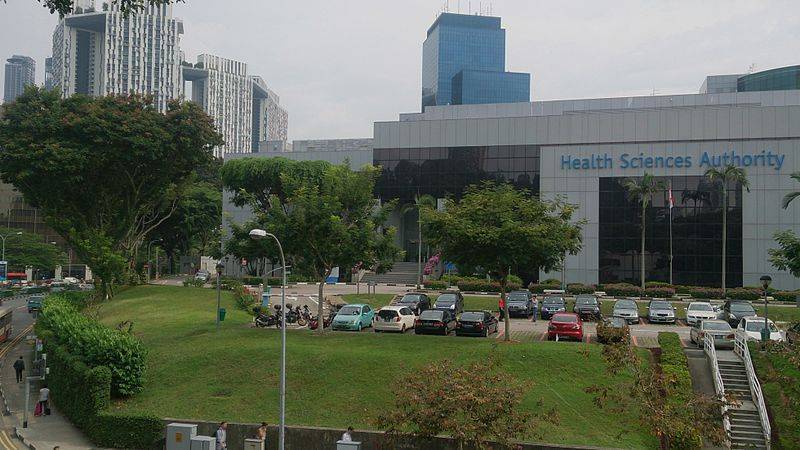Singapore – EBC-129, a groundbreaking new antibody-drug conjugate (ADC), is set to become the first antibody-drug conjugate (ADC) developed in Singapore to be approved for clinical trials by the US Food and Drug Administration (FDA).
EBC-129 represents an important step forward in cancer treatment and has the potential to greatly improve the lives of patients with a range of cancer types. This exciting new treatment option selectively targets and destroys cancer cells across a range of solid tumours, leaving healthy cells untouched. Unlike chemotherapy, which can damage healthy cells in the process of targeting cancer cells, ADCs deliver a toxic payload exclusively to cancer cells, potentially resulting in fewer side effects for patients. EBC-129 targets a specific biomarker found in a range of cancer types, including common forms such as lung, gastric, and stomach cancer as well as rarer types like bile duct and pancreatic cancer.
EBC-129 has the potential to bring much-needed relief to cancer patients who have exhausted standard therapies. Patients may experience fewer side effects compared to traditional treatment options.
As described by Dr Andre Choo, deputy executive director of the Agency for Science, Technology and Research’s (A*STAR) Bioprocessing Technology Institute (BTI)., EBC-129 acts like a “magic bullet,” specifically targeting and destroying cancer cells while leaving healthy cells unharmed. The effectiveness of the ADC is expected to be determined approximately six months into the clinical trial.
EBC-129 is the result of a collaboration between several institutions in Singapore, including the Bioprocessing Technology Institute (BTI), the Experimental Drug Development Centre (EDDC), the National Cancer Centre Singapore (NCCS), and the Institute of Molecular and Cell Biology (IMCB).
What happens next?
The ADC is pending approval from the Health Sciences Authority and relevant ethics boards for a clinical trial in Singapore, expected to begin in late February or early March.
The first phase of the clinical trial for EBC-129 will assess the safety and tolerability of the treatment in cancer patients with metastatic solid tumours that are not able to be surgically cured. Following this initial phase, the trial will go on to evaluate the effectiveness of EBC-129 in treating different types of tumours.
What are antibody-drug conjugates?
Antibody-drug conjugates (ADCs) are a type of targeted cancer therapy. They are composed of a monoclonal antibody, which is a type of protein that specifically targets certain cells or substances in the body, and a cytotoxic drug, which is a substance that can kill cells. The antibody is linked to the drug in such a way that it delivers the drug directly to the cancer cells. The goal of ADCs is to selectively target and kill cancer cells while minimizing harm to normal, healthy cells. ADCs are typically used to treat cancer that has spread to other parts of the body (metastatic cancer) and are an alternative to chemotherapy, which is a more general treatment that can damage normal cells as well as cancer cells.
Several ADCs have been approved for use in cancer treatment. As of June 2022, the FDA has approved 12 ADC cancer therapies, five for solid tumours and seven for haematological malignancies

